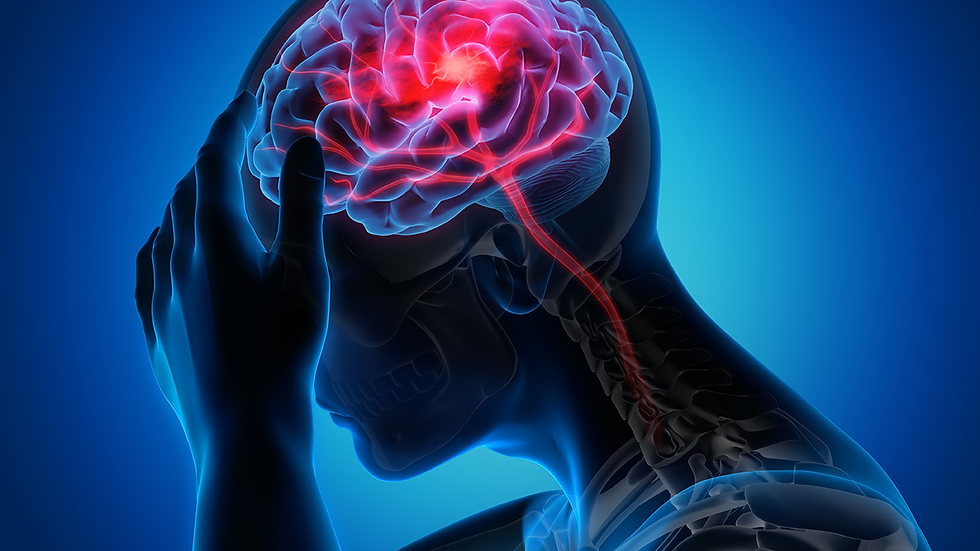Pregnancy & Postpartum Health
- Physical Therapy International Service
- Oct 23, 2022
- 2 min read
The following blog is written by Dr. Leigh Welsh, a PTIS member and licensed physical therapist who specializes in pelvic health.
Common Issues during Pregnancy & Postpartum
If you're feeling any of the symptoms below or have been diagnosed with any of these conditions, physical therapy can help you feel better, move more easily, prepare or recover from childbirth, and improve your overall pelvic health & physical wellbeing.
Back Pain & Pelvic Pain
Often in the low back, SI joints, or pubic symphysis (at the front of the pelvis)
Pain often with bending, lifting, getting out of bed or the car, putting on pants, walking, or climbing stairs
Bladder Dysfunction
Urgency and/or frequency (going more than every 3 hours)
Leaking urine (when you cough, sneeze, laugh, jump or can't make it in time)
Difficulty emptying or incomplete emptying (dribbling after)
Bowel Dysfunction
Constipation & hemorrhoids
Difficulty emptying or incomplete emptying
Leaking stool or difficulty controlling gas
Pelvic Organ Prolapse
Heaviness, pressure, or bulging in the pelvis - feeling like something is falling out of your vagina
Decreased support of the bladder, uterus, or rectum
Diastasis Rectus Abdominis ("Ab Separation")
Excessive stretch of the tissue ("linea alba") down the midline of the abdomen that creates a widening between your 6-pack muscles
100% normal at full term, persists for about 1/3 at 1 year postpartum
Abdominal weakness can make daily tasks more difficult
Painful Sex
May be related to scar tissue after delivery
Changes involving hormones, body image, relationship dynamics, fatigue, etc. can all contribute
Exercise During Pregnancy
Benefits
Decreases back & pelvic pain
Decreases your risk of gestational diabetes & preeclampsia
Decreases your risk of labor/delivery complications, including cesarean delivery
Decreases duration of labor
Helps constipation
Promotes healthy weight gain during pregnancy
May help you lose weight more easily after birth
Can help you better manage labor
Improves your mood & energy levels
Can improve your sleep
Help you prepare for the demands of childcare
Recommendations
150-minutes per week of moderate intensity aerobic exercise (you're able to hold a conversation) such as brisk walking or stationary biking
This can be 30-min 5x/week or multiple 10-min bouts over the week
If exercise is new for you, start slow with 5-10 min/week & gradually build up
Stay well hydrated, avoid hot/humid conditions, and wear loose fitting clothing to avoid overheating
Avoid exercises lying on your back while pregnant
Supportive sports bras & pregnancy belts can help with comfort while exercising





Comments